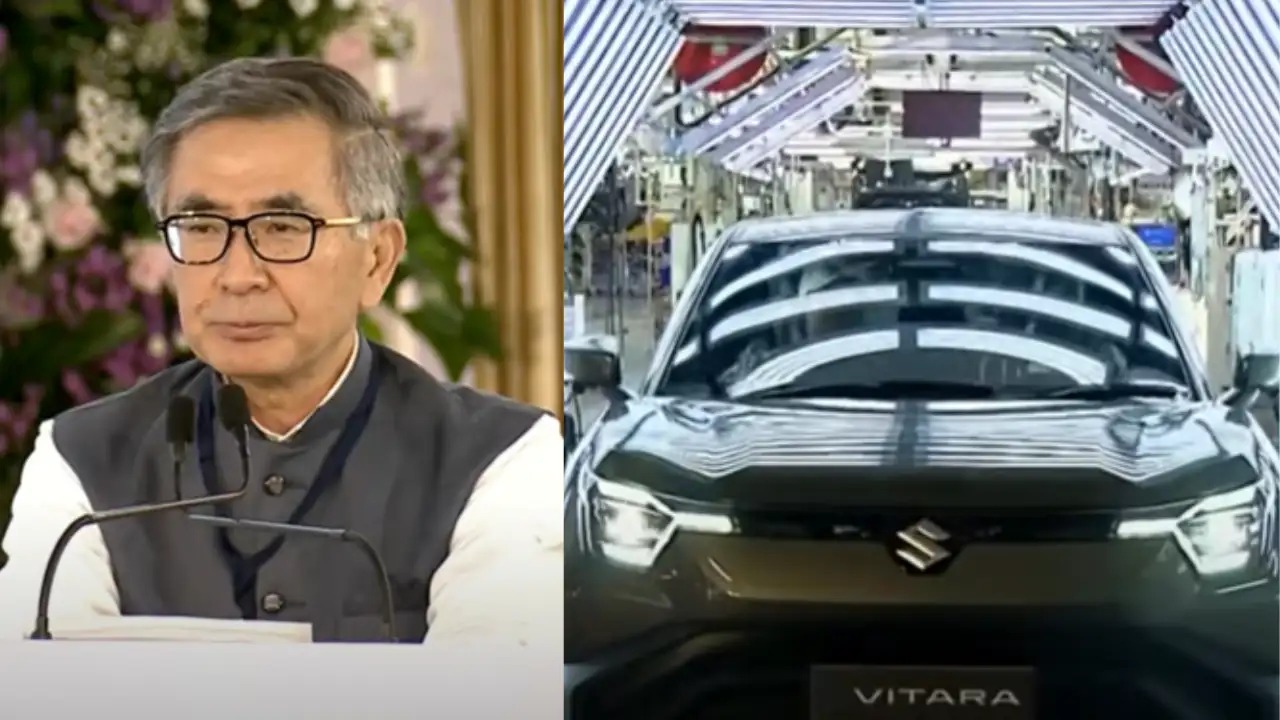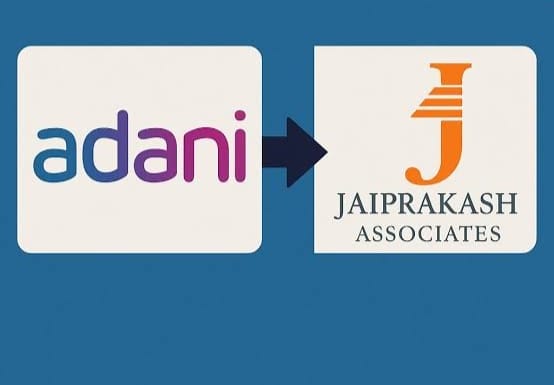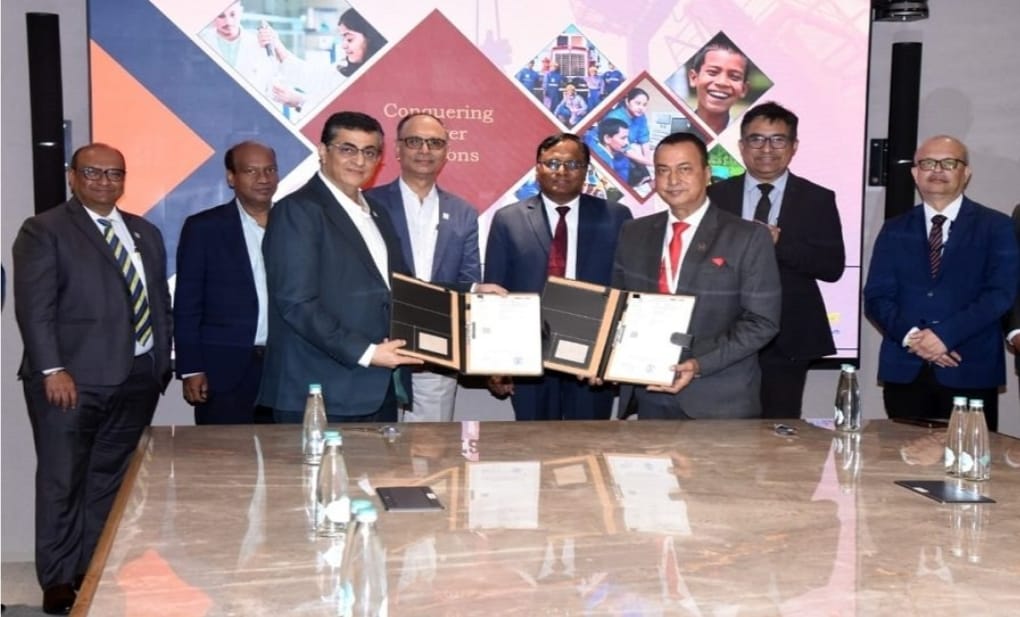
Follow WOWNEWS 24x7 on:

Japanese automotive leader Suzuki Motor Corporation has announced a landmark investment of over Rs 70,000 crore in India over the next five to six years, underscoring its commitment to expanding production capacity, advancing electric vehicle technology, and supporting India’s sustainability goals. This major infusion will bolster Suzuki’s manufacturing footprint, technology development, and export capabilities, as showcased by the debut of Maruti Suzuki India’s first battery electric vehicle (BEV), the e-VITARA, produced at the company’s Gujarat plant.
Key Highlights of Suzuki’s Investment and Strategic Vision
Suzuki plans to ramp up manufacturing capabilities at its Gujarat facility, expected to become one of the world’s largest automotive manufacturing hubs, targeting a production capacity of 1 million units.
The Rs 70,000 crore investment will fund diversified powertrain development: including electric, strong hybrid, ethanol flex fuel, and compressed biogas vehicles, aiming for carbon neutrality.
The newly launched e-VITARA BEV will be exported to over 100 countries, including Japan and major European markets, marking India as a global BEV production hub.
India’s first lithium-ion battery and cell production with electrode-level localization has started at the Toshiba Denso Suzuki plant, reducing import dependence and boosting the Atmanirbhar Bharat initiative.
Additional plants with a targeted manufacturing capacity of approximately 4 million units are planned in other states like Haryana, signaling aggressive capacity expansion till 2030.
Strategic Role in India’s Evolving Mobility Landscape
Suzuki’s commitment reinforces India’s position as a critical player in global automobile manufacturing and electric mobility.
The multi-powertrain approach ensures Suzuki adapts to diverse emission regulations and customer preferences, blending traditional fuels with cutting-edge EV technologies.
Collaboration with India’s policymaking on sustainable mobility aligns with national climate targets and manufacturing self-reliance goals.
The company’s four-decade partnership in India has generated over 11 lakh direct jobs, significantly contributing to the country’s industrial growth.
Manufacturing, Exports, and R&D Focus
The Gujarat plant’s enhanced manufacturing capacity supports large-scale BEV production for domestic sales and global markets.
Export strategy targets key regions worldwide, delivering India-made EV technology efficiently.
The investment supports strategic R&D in future automotive technologies and battery innovations at Suzuki’s Indian subsidiary.
Increasing localization of components is a key priority to streamline supply chain resilience and cost efficiencies.
Economic and Environmental Significance
Suzuki’s investment will create thousands of jobs across manufacturing, R&D, and ancillary industries, stimulating economic development.
Focus on clean and alternative fuels contributes positively to India’s environmental commitments and emission reduction plans.
Adoption of advanced powertrain systems highlights Suzuki’s leadership in responsible and innovative automotive manufacturing.
Conclusion: A New Era for Suzuki and India’s Automotive Sector
Suzuki Motor Corporation’s Rs 70,000 crore investment plan over the next five to six years cements its role as a pioneer in India’s automotive revolution. With a focus on electric mobility, manufacturing excellence, and sustainability, Suzuki is positioned to help India lead globally in next-generation vehicle technologies. This ambitious investment not only accelerates industry growth but also aligns with India’s vision for a greener, more self-reliant future.
Sources: Moneycontrol, Times Now, India Express, Economic Times, ChiniMandi, Team-BHP




